Oracle automates the cloud database
Larry Ellison tears into Amazon's uptime guarantee, promises faster and cheaper service

Never one to miss an opportunity to criticise a competitor, Oracle CTO Larry Ellison yesterday ripped into rival Amazon Web Services (AWS) as he debuted what he claimed to be a fully autonomous cloud database.
Oracle Database 18c "is the most important thing we've done in a long, long time", Ellison said on stage at Oracle OpenWorld in San Francisco.
The database uses machine learning to run itself without any human intervention, the founder said, leading to a 99.995% uptime guarantee for clouds using the database, as well as useful features like the ability to automatically patch flaws, tune and upgrade itself while running.
"Because it runs itself and tunes itself, it's very efficient with the use of computer resources; it's elastic," said Ellison. "If you need more compute capacity to run a query, it goes from eight to 16 processors and then drops back to eight [when you're done]."
Ellison drew a contrast between this autonomous approach and Amazon's Elastic Compute Cloud (EC2), and Amazon Redshift, Amazon's own data warehousing service, which he said can't automatically spin servers up and down as required.
"It's called Amazon Elastic... it's just not elastic. Redshift ... just can't do it. It's not an elastic system - you have to shut the system down, allocate twice the hardware here, copy the database over here... it is not elastic," he said.
Whereas Oracle's system is, he claimed, by using machine learning to understand when to deploy more resource and when it's no longer needed, so customers only pay for what they use.
Get the ITPro daily newsletter
Sign up today and you will receive a free copy of our Future Focus 2025 report - the leading guidance on AI, cybersecurity and other IT challenges as per 700+ senior executives
Data warehousing costs - Oracle vs AWS
Customers can put these claims to the test in December, when Oracle releases the 18c-based Oracle Autonomous Data Warehouse Cloud in December, then an online transaction processing (OLTP) version of the Autonomous Database in June 2018.
The crowd were treated to some slides of how fast Oracle workloads run on Amazon Redshift, compared to how quickly they run on Oracle's 18c-powered autonomous data warehousing cloud.
In the example of a financial analysis workload, Oracle's cloud completed it in 34 seconds, at a cost of $0.04, compared to AWS taking 255 seconds to run the workload, at a cost of $0.23.
A retail workload cost $0.02 to run on Oracle, compared to $0.31 on AWS, completing it within 20 seconds and 282 seconds respectively.
"You take a Redshift Amazon database workload that's already running on Amazon and you move it to the Oracle Autonomous Database and we will guarantee in writing, contractually, before looking at the workload, that any of those Redshift workloads will move to Oracle and your bill will be one half or less than what Amazon charges you," stressed Ellison. "We will write that in your contract."
Uptime, downtime
Ellison also saved some energy to criticise AWS's 99.995% uptime guarantee, which he said was marred by a whole host of exclusions, such as scheduled maintenance and individual instance failures "not related to Region Unavailability" (you can read them all here).
In contrast, Oracle guaranteed just 30 minutes' downtime per year - a 99.995% uptime guarantee - for its data warehousing cloud, but with no smallprint exclusions - something enabled by the autonomous database's ability to patch itself and tune itself while running.
"Amazon has all of these exceptions of their availability guarantee. We have no exceptions - if it's down for any reason it's in that 30-minute budget we have for downtime," Ellison said.
You'll still need database admins
Rather than putting database admins out of a job, Oracle's founder claimed his autonomous database was simply making their lives easier.
"They have more work than they can possibly ever get to - by automating a lot of this, this will free up database professionals to get away from routine patching, checking backups, day to day administration," Ellison claimed.
Instead, they can focus on more complex tasks like analytics, schema design, setting policies for what data's treated as mission critical, access policies and more that requires human judgement and admin expertise, he said.
Picture: Bigstock
-
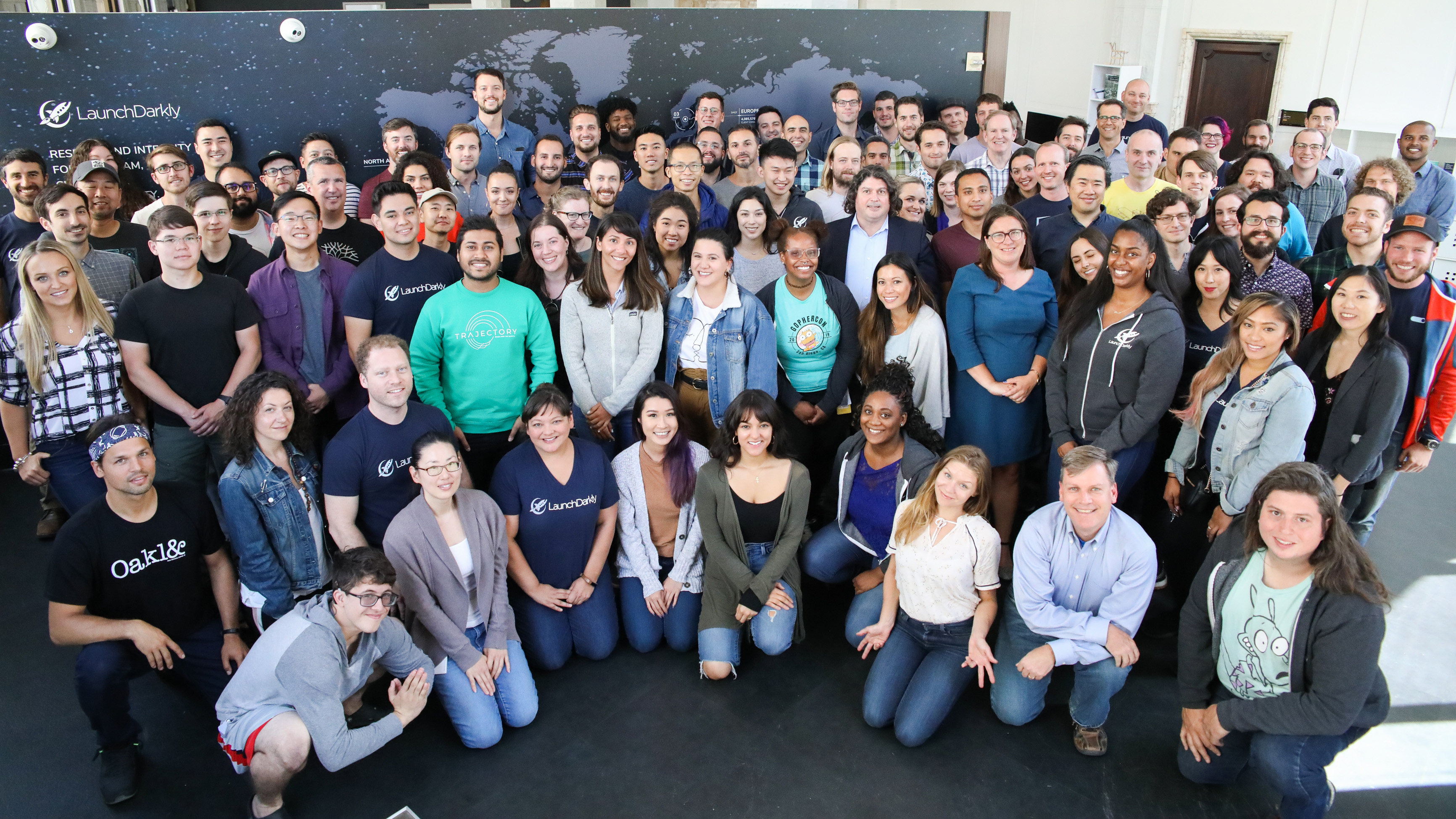 LaunchDarkly to "double down" on observability with Highlight acquisition
LaunchDarkly to "double down" on observability with Highlight acquisitionNews Highlight's observability tools will be integrated into LaunchDarkly's Guarded Releases software deployment service
By Daniel Todd
-
 Samsung Galaxy Tab S10 FE review
Samsung Galaxy Tab S10 FE reviewReviews The Tab S10 FE retains the feel and core capabilities of Samsung's high-end S10 tablets, but compromises on the display and the performance
By Stuart Andrews
-
 Datadog Database Monitoring extends to SQL Server and Azure database platforms
Datadog Database Monitoring extends to SQL Server and Azure database platformsNews The tool offers increased visibility into query-level metrics and detailed explanation plans
By Praharsha Anand
-
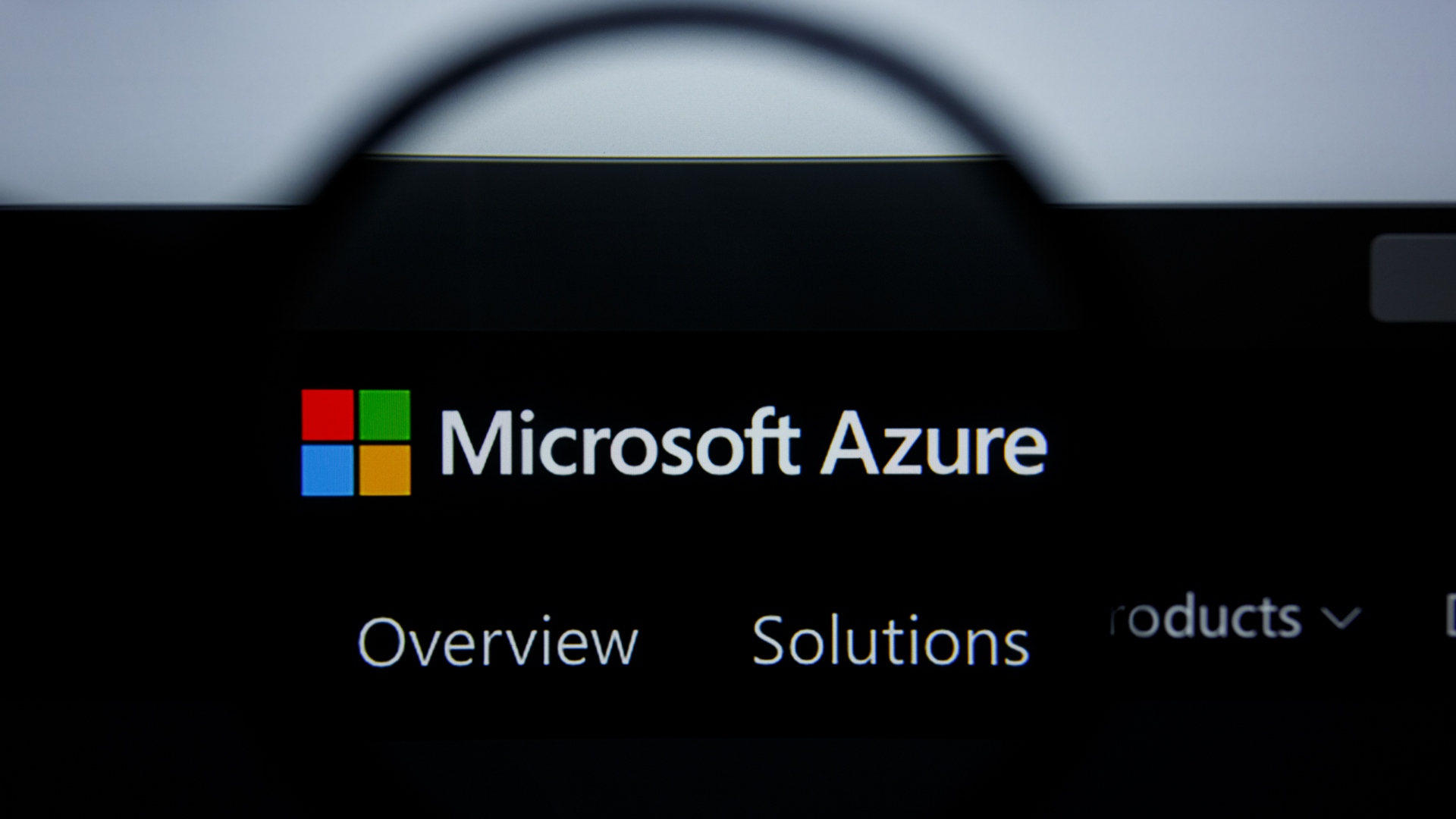 Oracle and Microsoft announce Oracle Database Service for Azure
Oracle and Microsoft announce Oracle Database Service for AzureNews Azure users can now easily provision, access, and monitor enterprise-grade Oracle Database services in Oracle Cloud Infrastructure
By Daniel Todd
-
 Elastic expands cloud collaboration with AWS
Elastic expands cloud collaboration with AWSNews Partnership aims to ease migration to Elastic Cloud on AWS, as well as simplify onboarding and drive go-to-market initiatives
By Daniel Todd
-
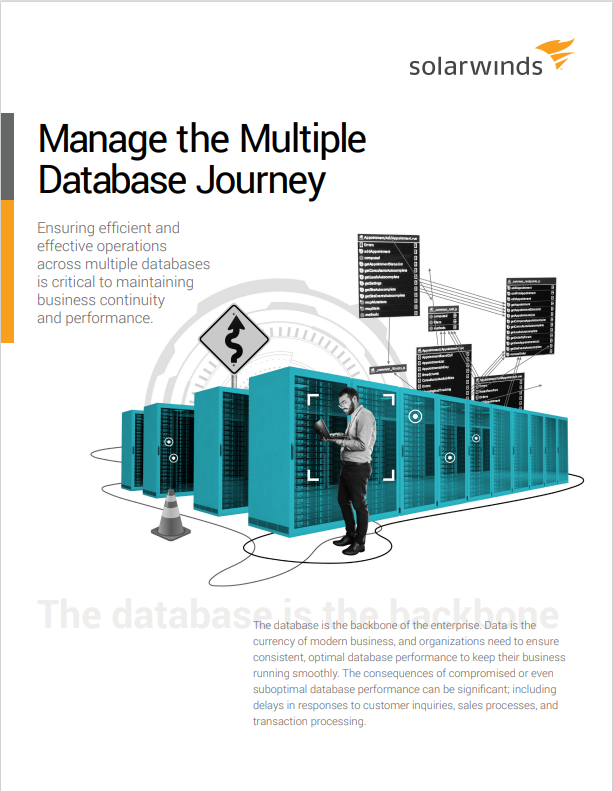 Manage the multiple database journey
Manage the multiple database journeyWhitepaper Ensuring efficient and effective operations across multiple databases
By ITPro
-
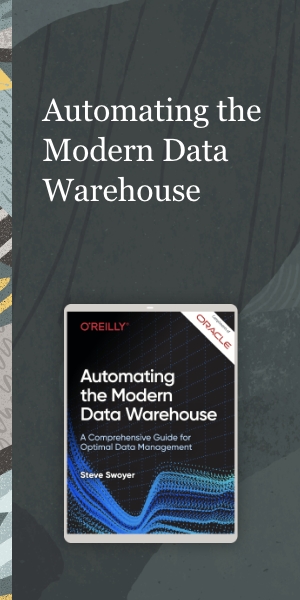 Automating the modern data warehouse
Automating the modern data warehouseWhitepaper Freedom from constraints on your data
By ITPro
-
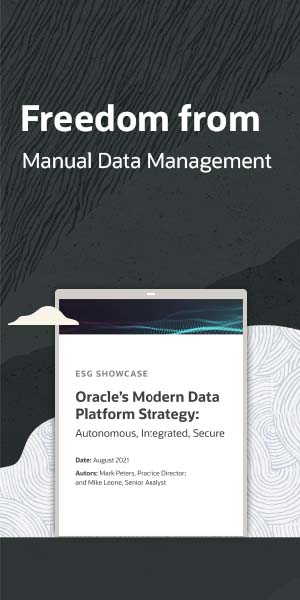 Freedom from manual data management
Freedom from manual data managementWhitepaper Build a data-driven future with Oracle
By ITPro
-
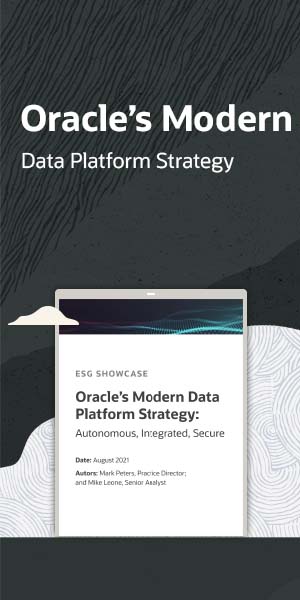 Oracle’s modern data platform strategy
Oracle’s modern data platform strategyWhitepaper Freedom from manual data management
By ITPro
-
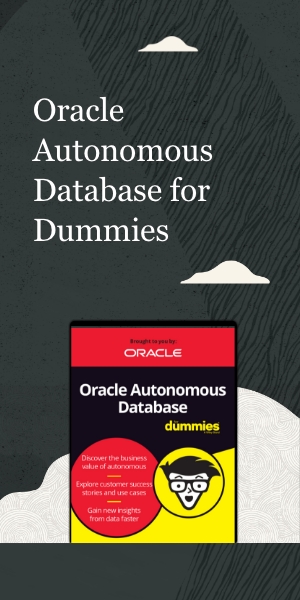 Oracle autonomous database for dummies
Oracle autonomous database for dummiesWhitepaper Freedom from mundane, manual database management
By ITPro